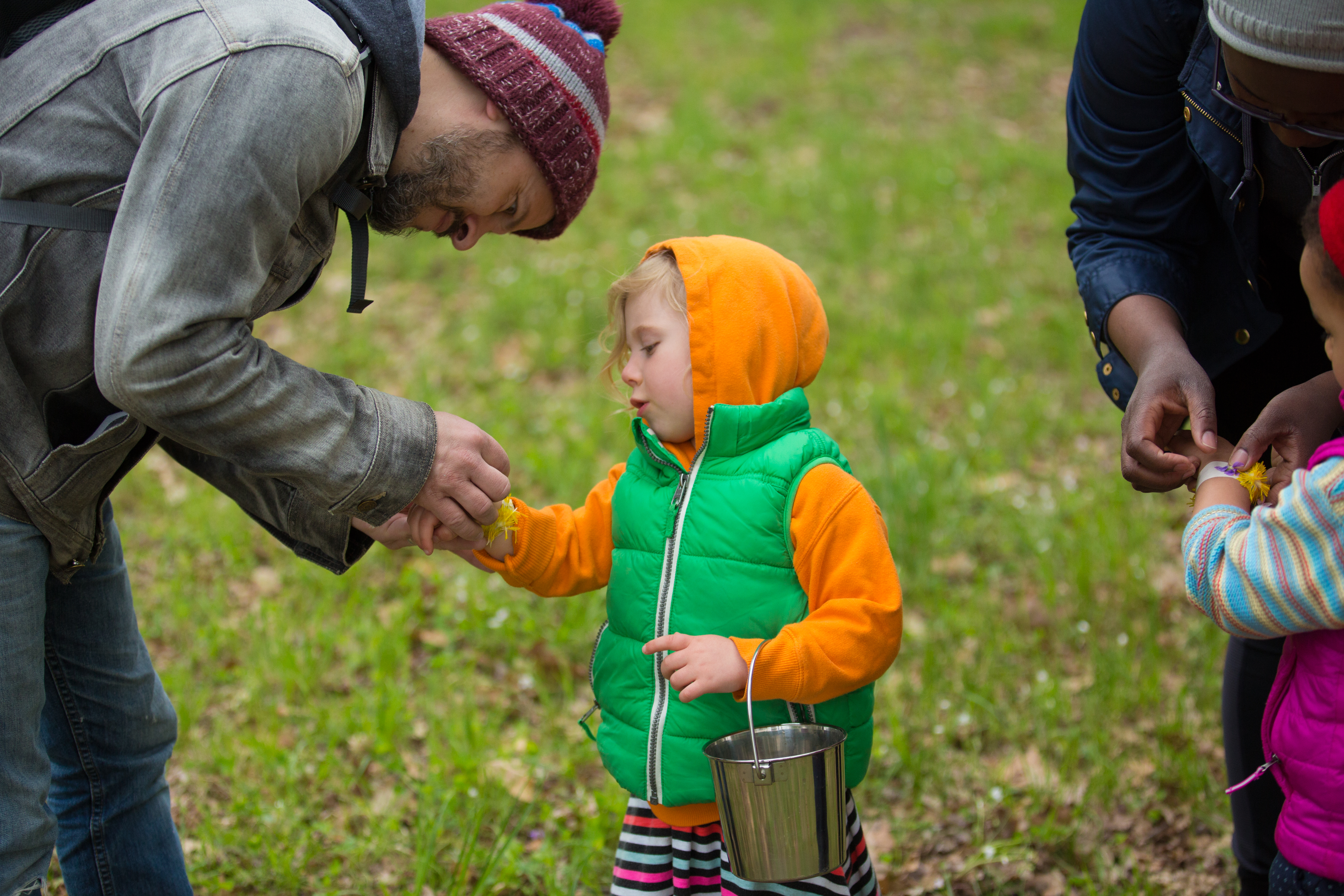Bolstering children’s creativity might seem like a daunting task, but there's a simple skill at the heart of it. It's called divergent thinking. Divergent thinking allows us to generate the greatest number of ideas in a given situation. In the most free-flowing and open way possible, you allow the mind to move in a multitude of different directions and discover or invent new ideas. It turns out, kids are geniuses at divergent thinking; they do it rather naturally.
Related: Watch how to sustain your child’s creative genius here!
The trick is, our system of schooling, in combination with our busy lives, favors the opposite approach: convergent thinking. Rather than exploring multiple options, convergent thinking leads us to find a single, accurate answer as quickly as possible—like when we answer "What is 5+5?" or decide what to wear when we get up in the morning.
Because convergent thinking gets so much reinforcement, divergent thinking falls off dramatically as kids enter school. So, it's all the more important for us to use these early years—when 90% of brain development takes place and kids learn how to learn—to highlight the opportunities for divergent thinking in our daily lives.
To nurture divergent thinking, invite your creative kids to explore these prompts and questions in everyday settings.
Divergent thinking in the...
Car
- Pretend journeys are the best! Even if you’re just on your way back to the grocery store (again), wonder, where could we pretend we are going? To visit grandparents? To the park? To places we can only imagine? To the moon? Better put our space helmets on!
- If you designed a car for yourself, what would it look like? What kind of things would it have inside? What if you were designing a car for your grandparents? A favorite character from a book or show? A driving dog?
- Play, "this isn’t a car, it’s a….?" Come up with as many ideas as you can, the sillier the better!
- Look out the window at other cars. Who do you think is in that car? Make up their names and decide how old they are. Where could they be going?
- Play with kids to make up silly, new verses to songs you know and love:
- “Row, Row, Row Your Boat” can be ‘Skip skip skip your rope,’...’Drive, drive, drive your scooter’...
- “The Itsy, Bitsy, Spider” can be “The vroomy boomy racing car went zooming ‘round the track…”, “The squishy wishy rubber duck went floating in the tub”...
Dinner table
- Take all of the elements on the table (utensils, placemat, napkins,) and arrange them to create:
- Fun shapes (recognizable or abstract)
- Faces
- A house with different rooms
- Any designs you want
- Take a napkin and make it into something that’s not a napkin. Have everyone at the table guess what it is. Everyone can take turns making the napkin into a non-napkin as well as guessing.
- With preschoolers or older kids, ask “What type of new utensil could we invent? How could it help?” or “What new food could we invent for eating? Dessert soup? Extra messy spaghetti? Slippery eggs?”
- Be silly and think about what crazy combinations of fruits and foods you could combine together in a smoothie. The wilder the better!
- If your kids are preschool age or older, encourage them to wonder what it would be like to combine food. A banana and broccoli could be a banoccoli! Spinach and grapes together could be grinach! What other combinations can you come up with?
Playground
- How many ways can we move our bodies? What animals or imaginary creatures can we move like today?
- Ask, "How many different ways can you cross the play structure or the monkey bars?" (Younger children may repeat the same movements, but just asking the question prompts divergent thinking. Meanwhile, older kids may challenge themselves to innovate and actually count how many methods they come up with.)
- When it's not too crowded, relish the opportunity to go up and down the slide. Encourage kids to play with playground structures in novel and unconventional ways, making sure to also teach them how to share the space with other kids. You can start at a different place each time, you can go over, under, or around, or you can do it all super fast, in slow-motion, while hopping or jumping.
- Remember the playground is more than a set of recreational structures—it also includes natural materials. What can you do or make with the wood chips, sticks, acorns, pebbles or dirt?
Anywhere!
Anywhere, anytime, you can pick up an object and say, "This is not a ___! It's a...!" Enthusiastically model a new use for that object and have kids guess what your new invention is. Then, welcome kids to generate their own ideas and uses. This little game also helps us teach kids a way to keep their minds focused and active at the same time—which is a huge bonus when you need them to wait in line at the store, set aside hunger while dinner is on the way or settle down before bed. Think of it as a parenting hack, in addition to a method of boosting your child's creativity.
The more we practice these challenges, the more we reinforce divergent thinking. The best part is, they're pretty fun, too.

